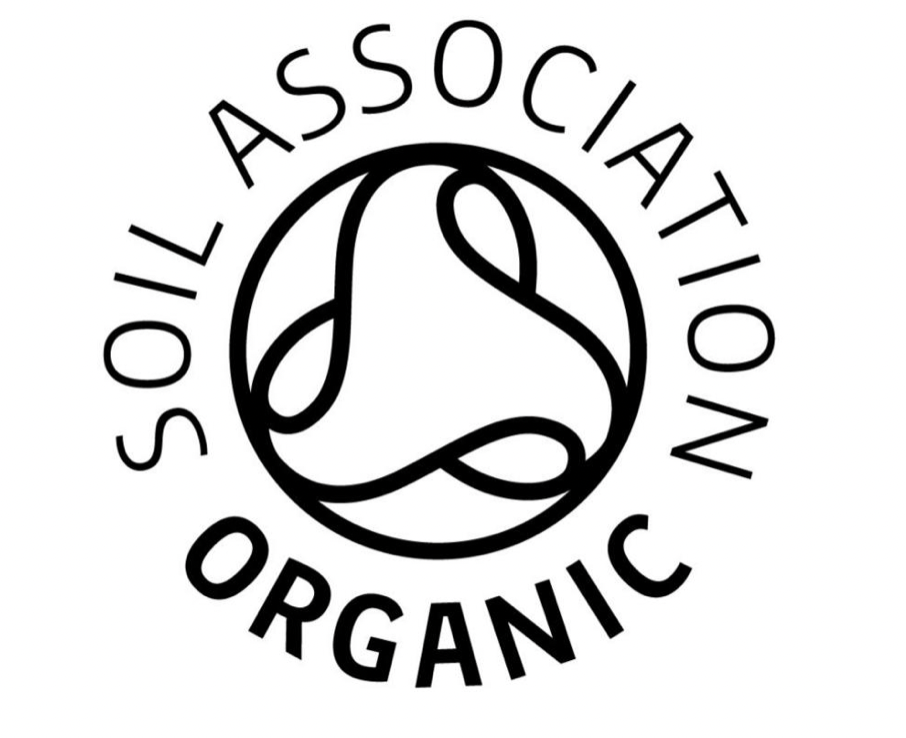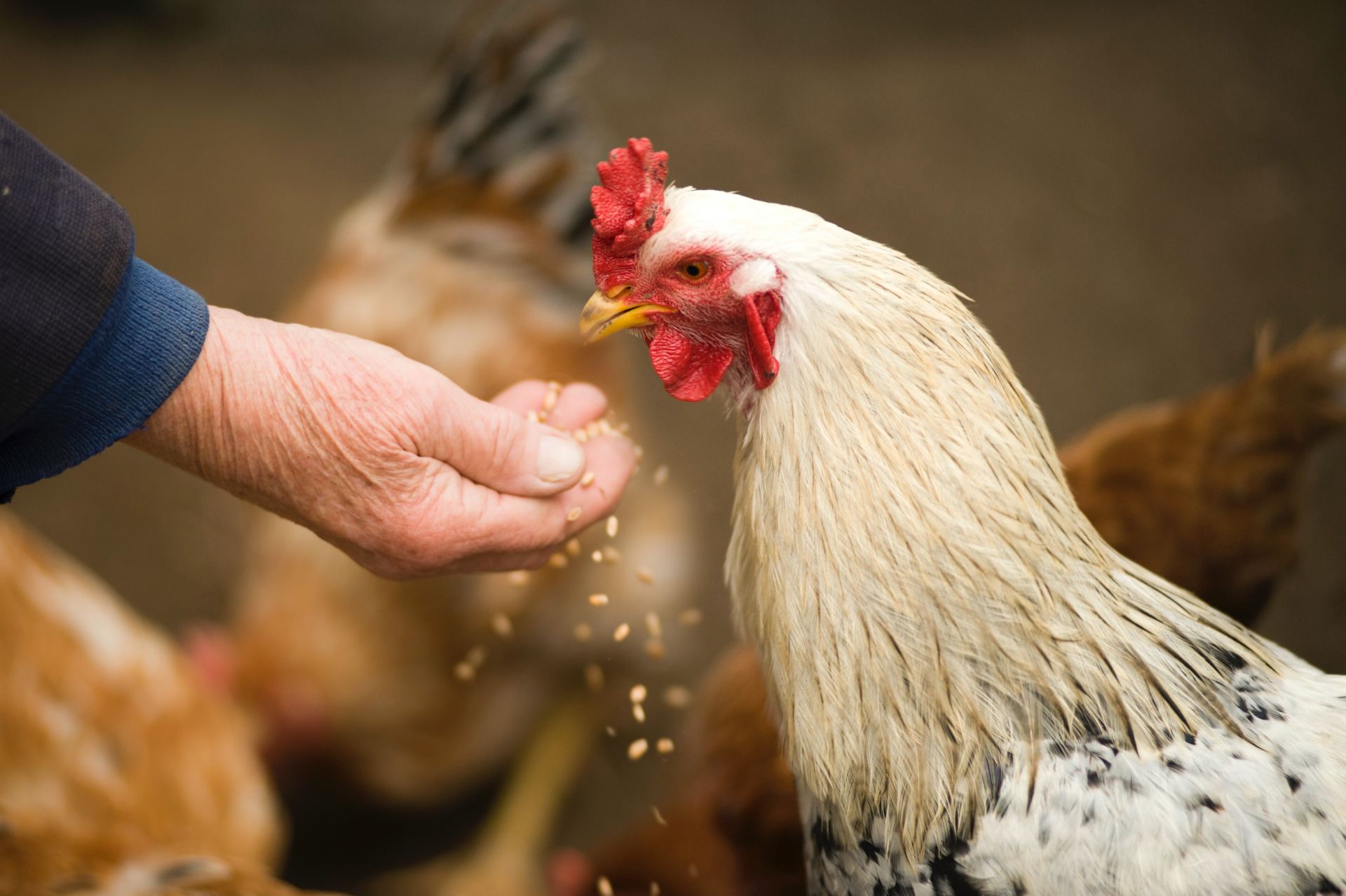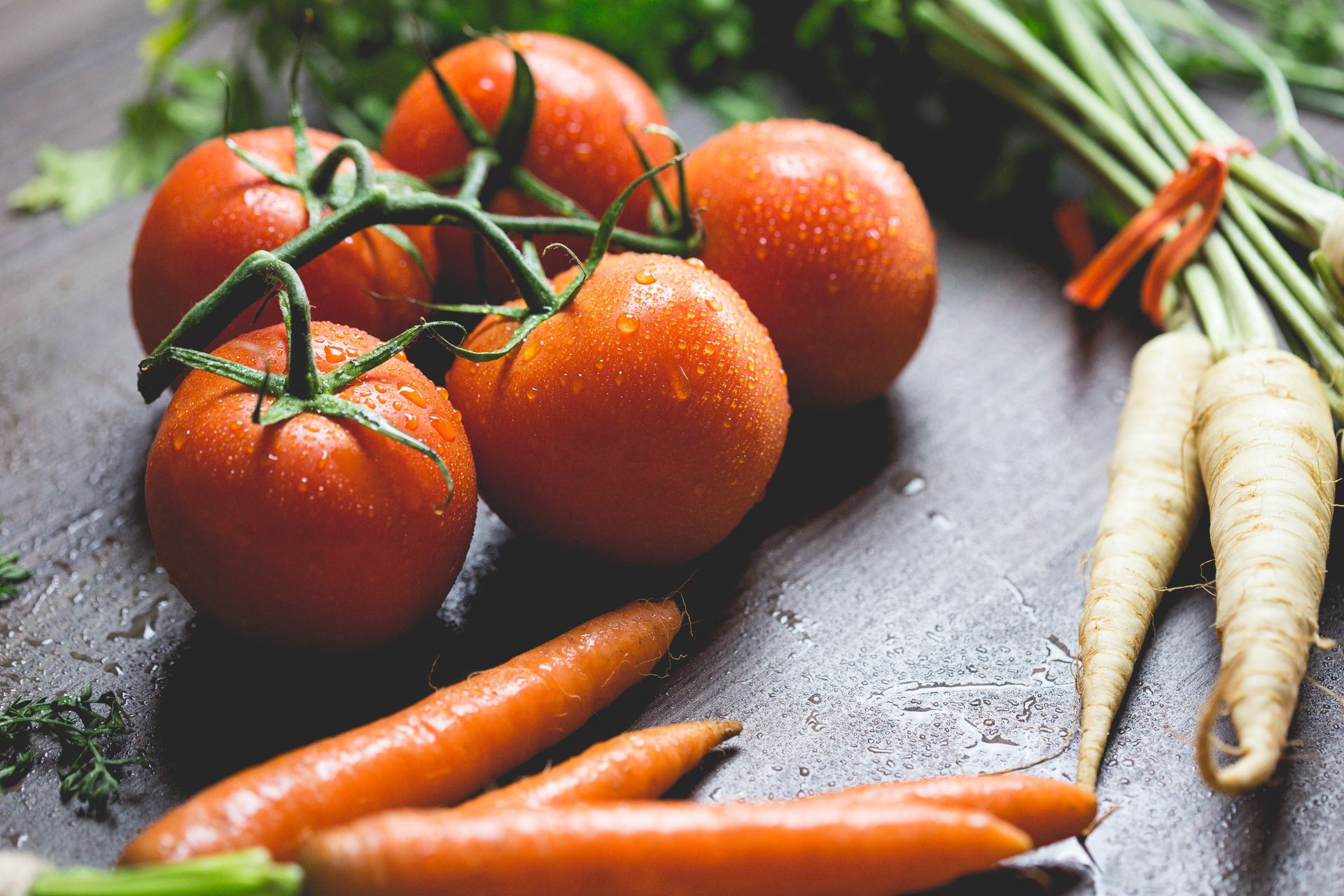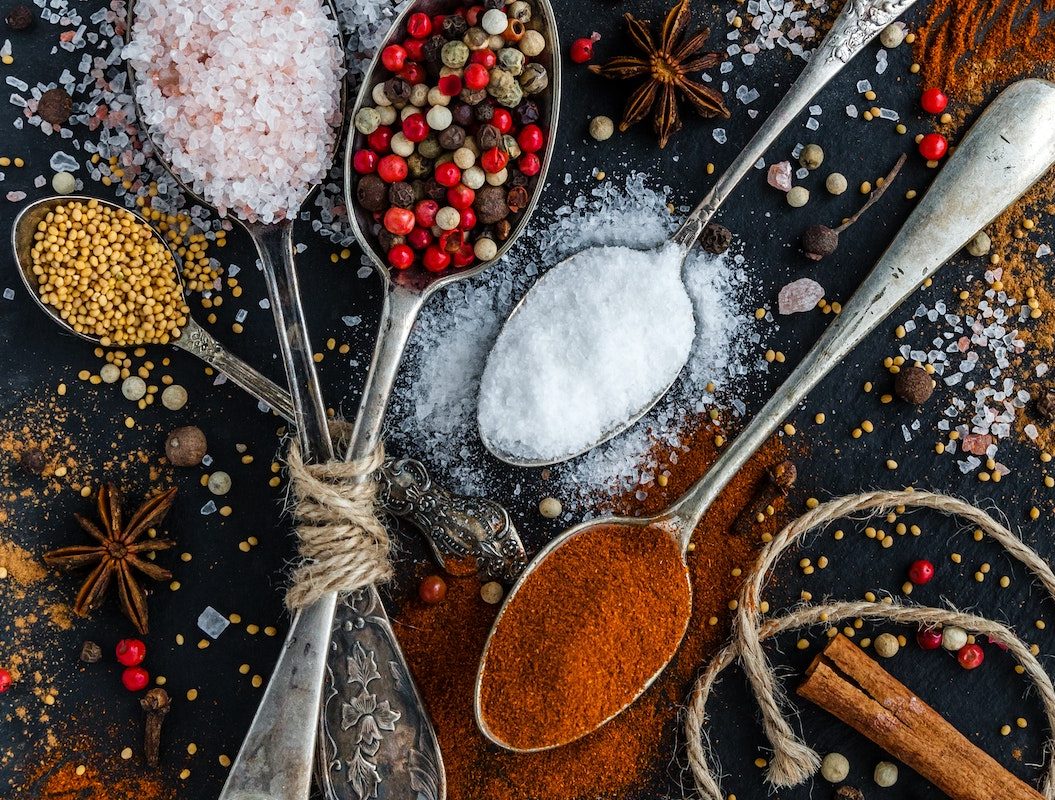Hi everyone my name is Hannah and I'm a third year student studying Biomedical Science. I'll be starting my MSc in Data Science and Applied Analytics next year. Outside of university I've really enjoyed teaching myself to crochet over the…

Hosted by the Soil Association, Organic September is a month used to bring awareness to the amazing benefits that organic farming brings to our health, climate and nature, these include:
- Supporting biodiversity and wildlife
- Helping to combat climate change
- The highest standards of animal welfare
- Reduced exposure to pesticides
- Food as it should be, and food you can trust
Therefore it is more important than ever to ensure that farming is done to support both healthier soils and more wildlife. The Soil Association is a charitable organisation that aims to transform the way we eat, farm and care for our natural world. One of their most recent achievements include their “Stop Poison Poultry” petition , which resulted in major supermarkets addressing the shocking impact of highly hazardous pesticides in soya supply chains.
But what does organic mean? The Oxford Languages definition states that organics means “produced or involving production without the use of chemical fertilizers, pesticides, or other artificial chemicals”. But in simpler terms, it mean producing high-quality food in a way that benefits every stage of our food system. It is the only defined farming system that delivers so many benefits to society, nature and wildlife. Farmers who work organically are therefore bound to legally comply with strict EU regulations that ensure their work sustains the health of:
- Soils,
- Ecosystems
- Animals
- People
These standards are derived from key organic agriculture principles of fairness, care, health and ecology. Organic companies are also annually inspected by a certified body and certification is required to produce and market these organic products legally, making the organic symbol completely trustable.

By choosing organic next time you shop you’re benefiting the planet, increasing a demand for those products. The Soil Association quoted that “if Europe’s farmland all followed organic principles, agricultural emissions could drop by 40-50% by 2050“, whilst also supporting a growing population with a healthy diet. It also gives higher welfare for farm animals, by providing lots of space and air, where they’re encouraged to express natural behaviours like foraging and grazing. But it also prevents stressful and inhumane mutilations like beak-tipping.

Furthermore, did you know that plant, insect and bird life is 50% more abundant on organic farms? with wild bee populations increasing by over 75% compared to other areas! This is achieved by using fewer pesticides, under very strict circumstances. Instead relying on beetles and birds to feed on pests like slugs, supporting the whole ecosystem. This means they’re also more nature-friendly, supporting the planting of trees and wildflowers to support these growing ecosystems.

There are many ways to get involved, other than buying products with the Soil Association symbol, you can also support sustainable beauty; by choosing products that don’t test on animals and are made in a climate friendly way. Find out which of your local restaurants and cafes choose organic supplies and support them! You could also support local farms and reduce, reuse and recycle wherever you can. With over 30% of all produced food going to waste, make sure to heat up your leftovers rather than chucking them away!
Although this may seem time-consuming, every little helps. Take a few minutes to stop and inform yourself before making purchases, look out for the organic symb0l when you’re at the supermarket and reduce waste by re-selling old clothes or composting food scraps! Combined this creates a greater demand for sustainable, organic food. Therefore the industry can grow and we all can reap the benefits.


